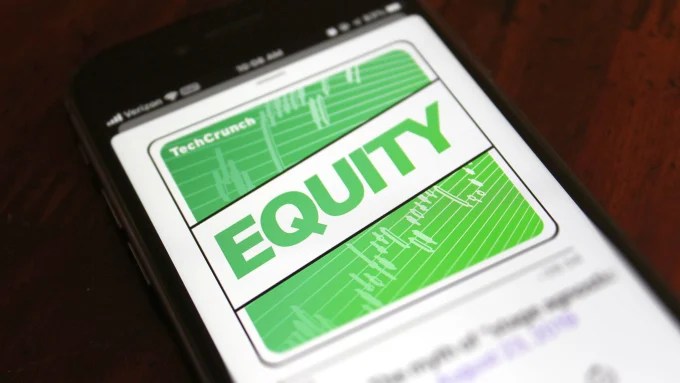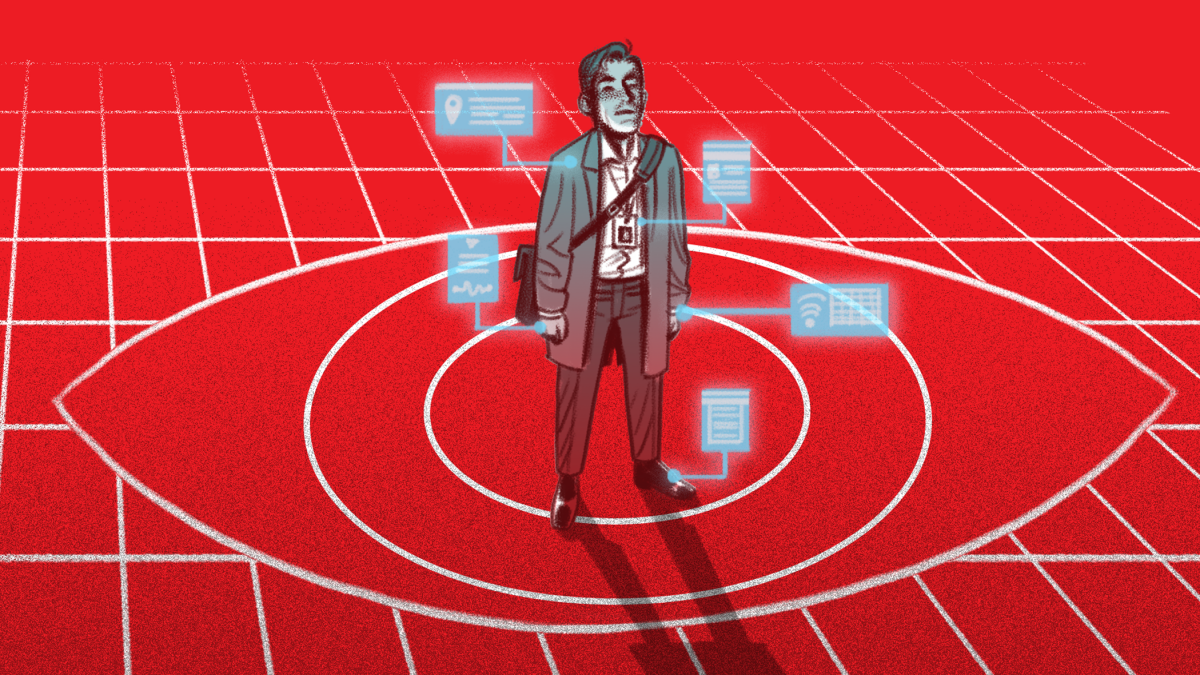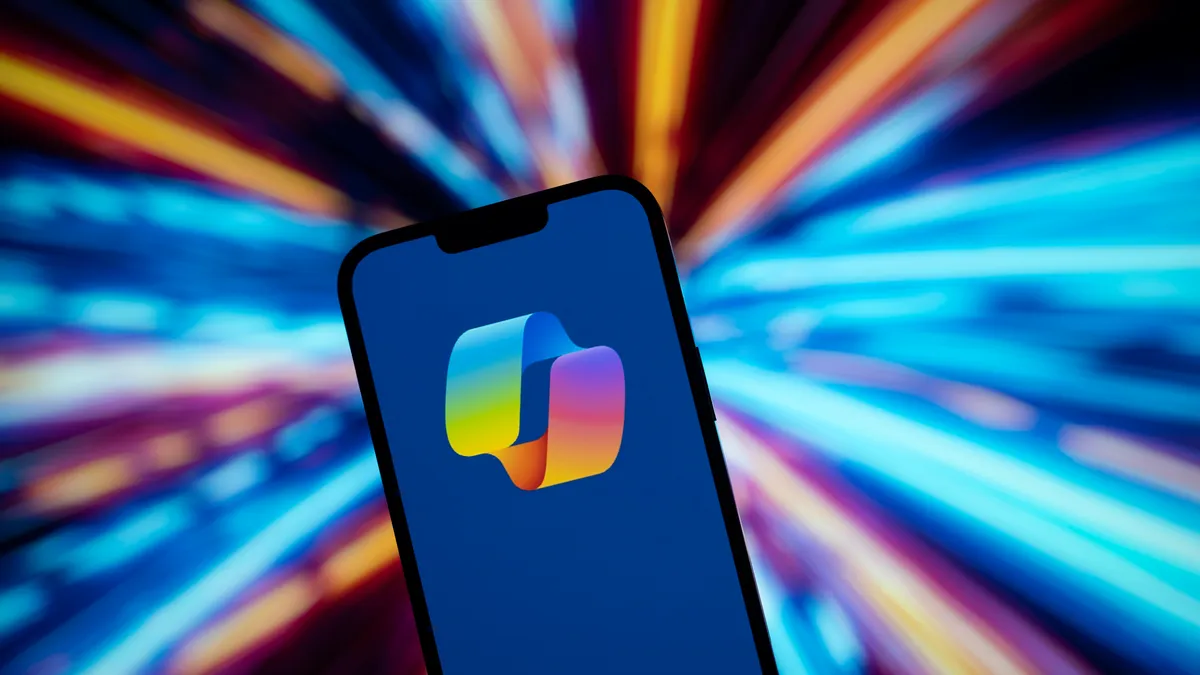The Pitfalls and Potential of AI in the US Legal System
AI has already been utilized to negotiate contracts and draft legislation.
In a recent warning, the US Supreme Court highlighted the risks of using artificial intelligence in the legal profession.
📢 Hold onto your gavels, folks! The US Supreme Court has chimed in on the use of artificial intelligence (AI) in the legal system, and their verdict? Well, let’s just say they’ve acknowledged the potential benefits, but they’re cautioning against “dehumanizing the law.” In a 13-page masterpiece titled the “2023 Year-End Report on the Federal Judiciary,” US Chief Justice John G. Roberts, Jr. delves into the impact of AI in the legal realm. Comparing machine learning to personal computers of the past, he recognizes that AI can make legal services more accessible, but it’s not without its risks.
The Promise and Perils of AI in Law
Roberts makes it clear that AI has the potential to be a superhero for those who can’t afford legal representation. Need answers to basic questions? AI’s got you covered! Wondering where to find templates, court forms, or how to fill them out? AI’s got your back! It’s like having a 24/7 virtual lawyer at your fingertips. No need to even leave your couch! 🦸♀️
But wait, there’s a catch. Roberts cautions that not every legal matter can be left to the cold, calculating digital minds of algorithms. Decision-making in the judicial system often requires human judgment, discretion, and a deep understanding of nuance. Simply handing over this power to AI could lead to unsatisfactory and unjust outcomes. Plus, let’s not forget about the inherent biases that can sneak their way into AI models. 🤖🤷♂️
The Fairness Gap and Criminal Justice
“In criminal cases, the use of AI in assessing flight risk, recidivism, and other discretionary decisions has raised concerns about due process, reliability, and potential bias,” Roberts points out. There’s a persistent feeling that AI just can’t keep up with the fairness we humans bring to the table (or, in this case, the courtroom). This “human-AI fairness gap” is no joke, folks. It seems that the public still believes that our flawed, but oh-so-human, judgments are fairer than the results an AI might spit out. 🤷♀️⚖️
The Future of Judges and AI
Our wise Chief Justice predicts a future where AI and judges cozy up together in court. 🤝 Human judges won’t be pushed out just yet, but AI will undoubtedly make its impact felt. Our judicial work, especially at the trial level, will be significantly affected by the rise of AI. Judges will not only adapt to working in this AI-dominated world, but they will also understand the role that AI plays in the cases that land on their desks. It’s a brave new world, people. One where judges and AI must learn to dance gracefully. 💃🕺
- 🤖 Unleash the Power of ChatGPT in Your Everyday Life! 💻
- LangChain: Bridging the Gap Between Language Models and Practical A...
- The Truth About Candidate-Screening Algorithms: How AI Can Fail You
AI’s Past Missteps in the Legal Sphere
Before we get too starry-eyed about AI’s potential in law, let’s look at a few cases where things went a bit wonky. Last year, two lawyers were slapped with fines after they cited completely non-existent cases in a legal filing. Guess who had their back? Our AI friend, ChatGPT, from OpenAI! Turns out, ChatGPT had fabricated those six cases. Oops! One of the lawyers admitted he was clueless about the possibility of AI-generated false information. Yikes! 🙈
And that’s not all. Another lawyer recently found themselves in hot water for citing fake cases. And no, it wasn’t just a slip-up. Their client, none other than the notorious former Trump attorney Michael Cohen, used Google Bard to generate those non-existent cases. Lesson learned? Lawyers should always double-check their AI-generated sources before stepping into the courtroom. 🤔📚
Questioning the Role of AI in Law
You might be wondering: Are there any valid use cases for AI in the legal system? Well, there might be a few carefully considered applications. For instance, AI could help lawyers navigate through the mind-numbing documents that permeate the legal world. Imagine having an AI assistant thoroughly combing through contracts, evaluating legal submissions, or generating affidavits. It might just save us all from those long, dull nights of poring over complicated legalese. But let’s not forget that biases could slip through the AI cracks, influencing human decisions undetectably. We must approach AI in law with caution to avoid further muting our already bureaucratic system. 🤐🚫
The Impact of AI on the Legal Landscape
It’s essential to recognize that AI is already making waves in the legal realm. Lawyers have been fined, cases have been built on fake information, and AI chatbots have flirted with representing defendants in court. Luminance, an AI company, even demonstrated how its large language model Autopilot can automate contract negotiations without human intervention! The world of legislation is no exception either, with lawmakers harnessing AI to write laws both in the US and internationally. Brace yourselves, folks. AI is here, and it’s ready to make its mark on the legal landscape. 💥🌍
To dive deeper into the impact of AI on the legal system, check out these related stories:
- ChatGPT could be a useful AI tool. So how are we regulating it?
- DoNotPay’s AI lawyer stunt cancelled after multiple state bar associations object
- Lawyers fined $5K for using ChatGPT to file lawsuit filled with fake cases
- AI successfully negotiated a legal contract without human help
- White House drops an AI regulation bombshell: 10 new mandates that’ll shake up the industry
Time for a Reality Check
Before we wrap things up, let’s do a little reality check. AI in law has its place, but we need to tread carefully. While AI can assist in many legal tasks, it cannot replace human judgment and our ability to understand the intricacies of the law. The road ahead may involve a beautiful collaborative dance between judges and AI, but we must remember that the ultimate responsibility lies with us humans. As AI continues to evolve, let’s embrace its potential while keeping a watchful eye for biases and injustices that may inadvertently creep in. 👀💡
Now it’s your turn, dear readers! What are your thoughts on AI’s impact on the legal system? Do you trust AI to make fair and just decisions? Or are you wary of its potential pitfalls? Share your legal-tech wisdom and join the conversation! And hey, if you found this article helpful, spread the knowledge and share it on your favorite social media platforms. Together, we’ll navigate the fascinating world where the law meets AI. 🌐🤝
References: 1. Check out the 2023 Year-End Report on the Federal Judiciary 2. OpenAI releases ChatGPT data leak patch, issue completely fixed 3. Windows 10 support runs out: 5 options, 2 worth considering 4. Enterprises need AI governance as large language models grow in number 5. AI models often contain inadvertent bias 6. How to quickly access your recently viewed files and folders on macOS 7. Google says Bard is smarter than ChatGPT thanks to Gemini update 8. Michael Cohen’s legal motion undermined by AI-generated false citations






